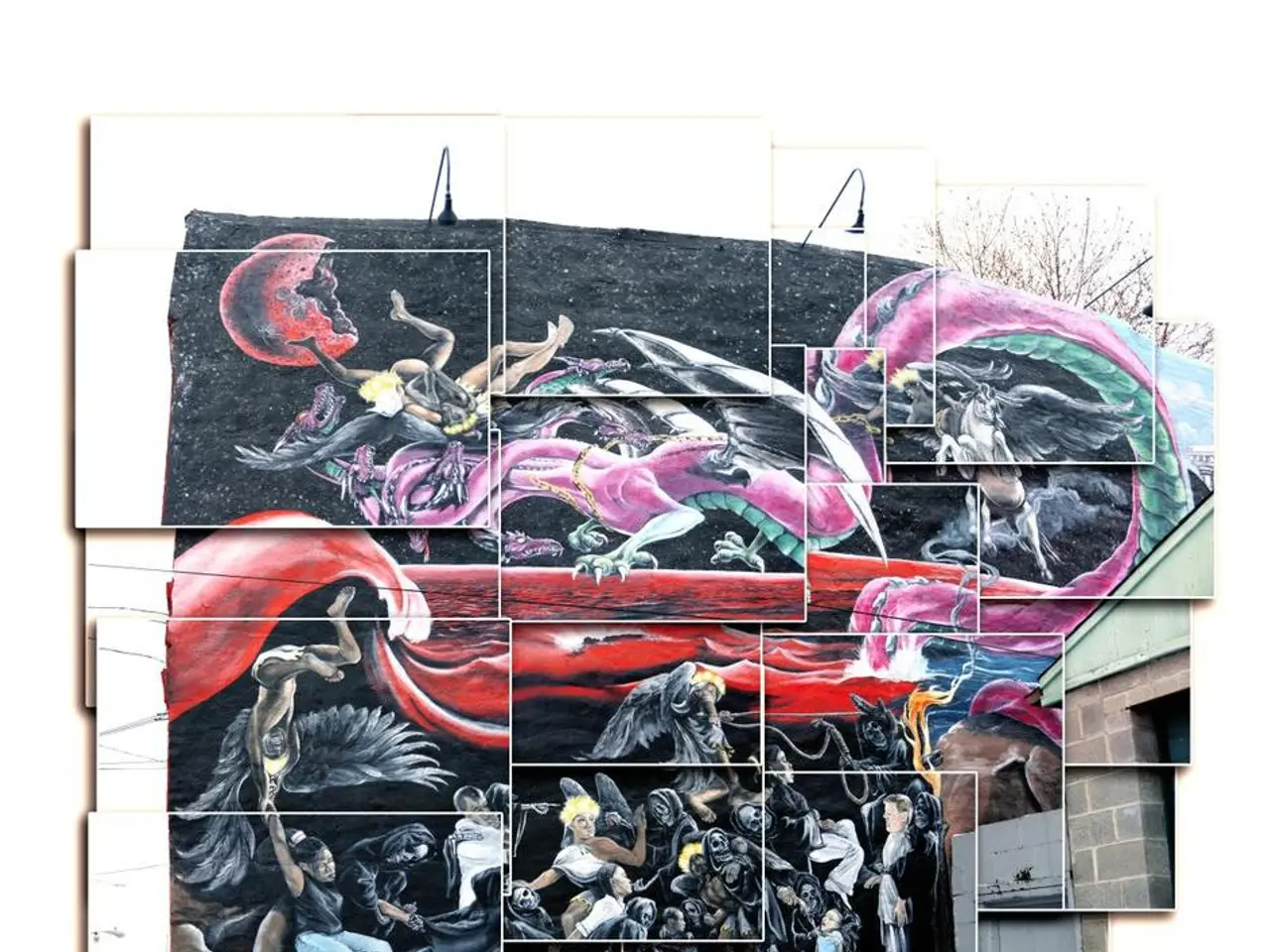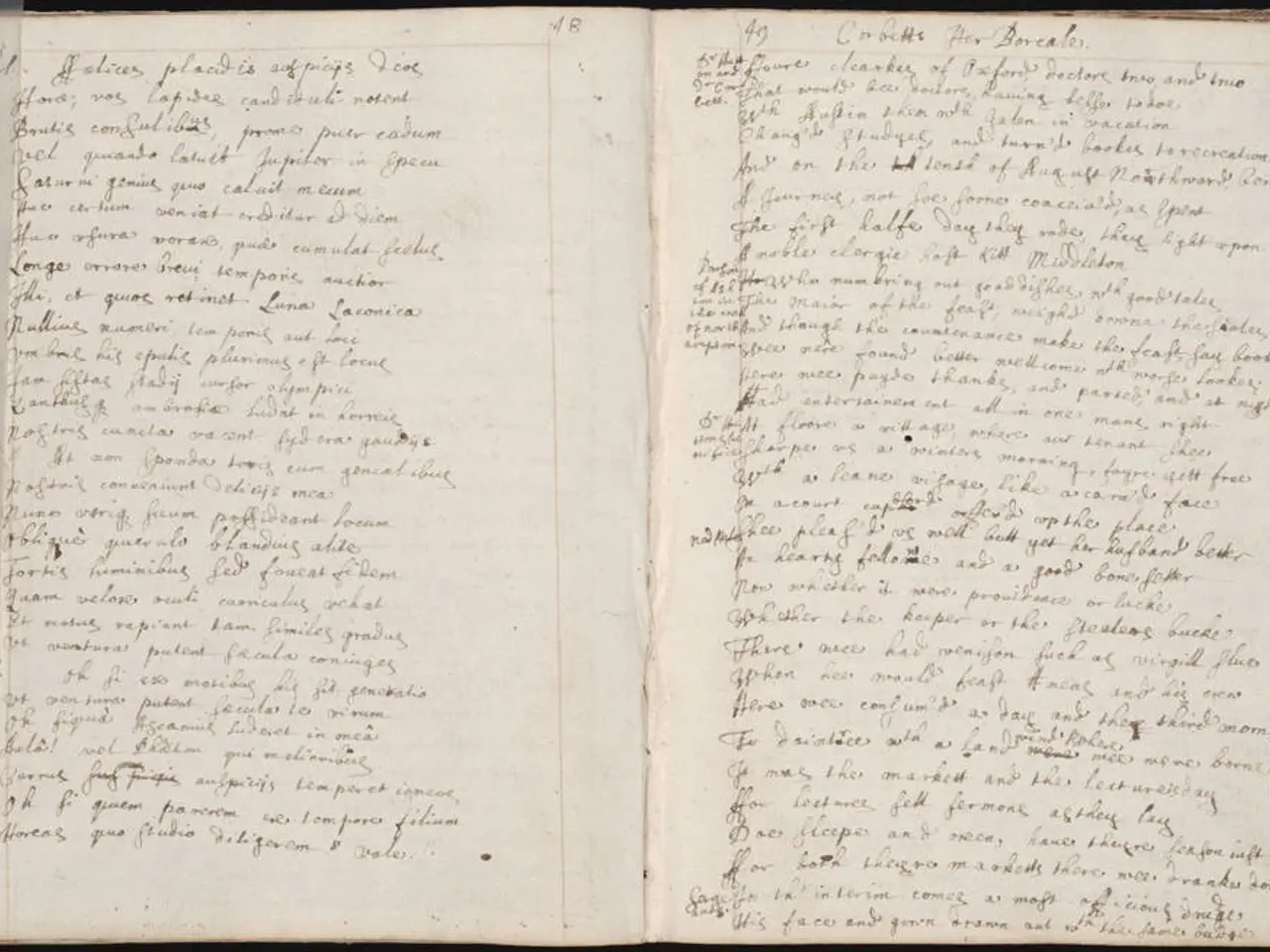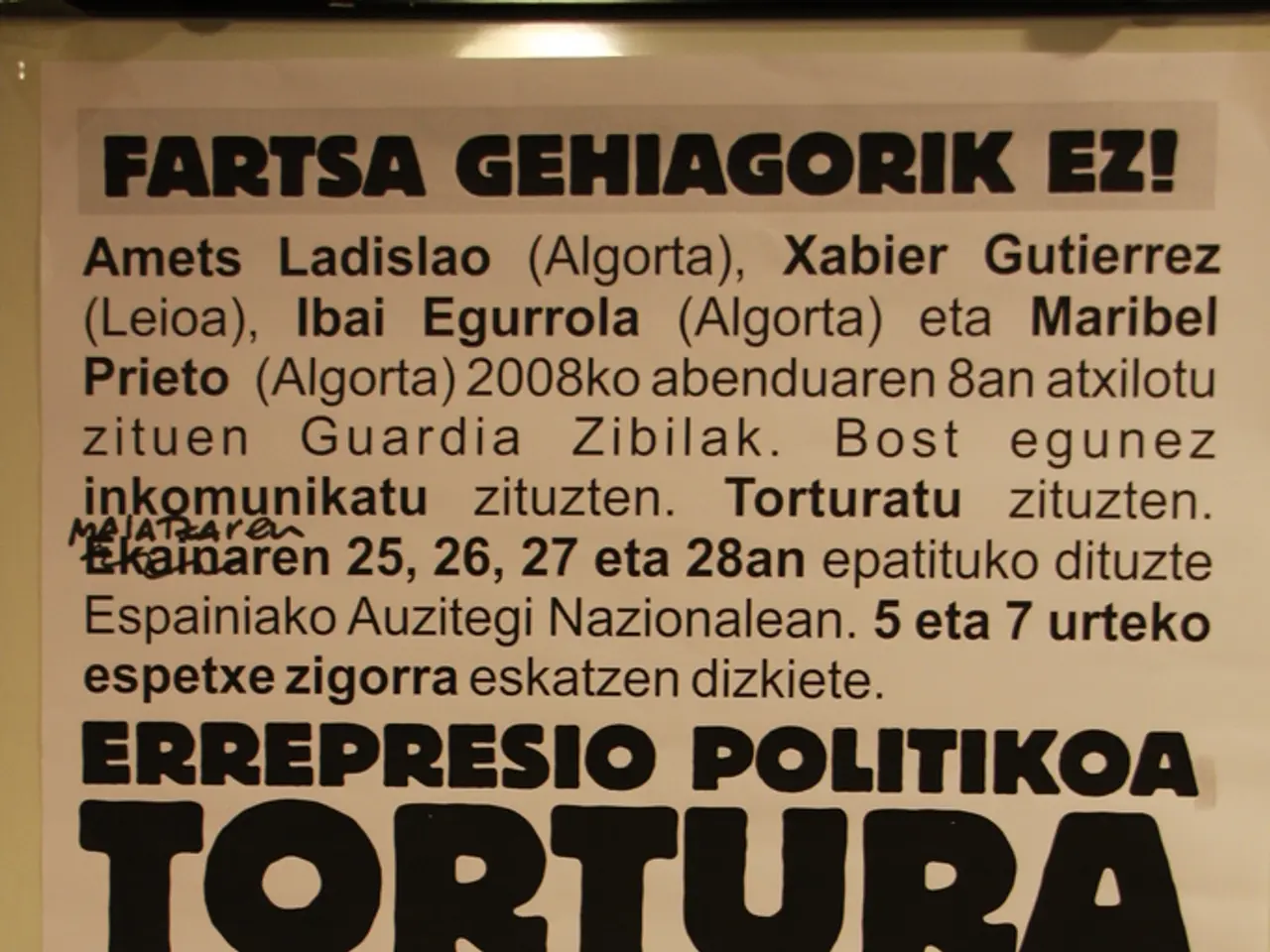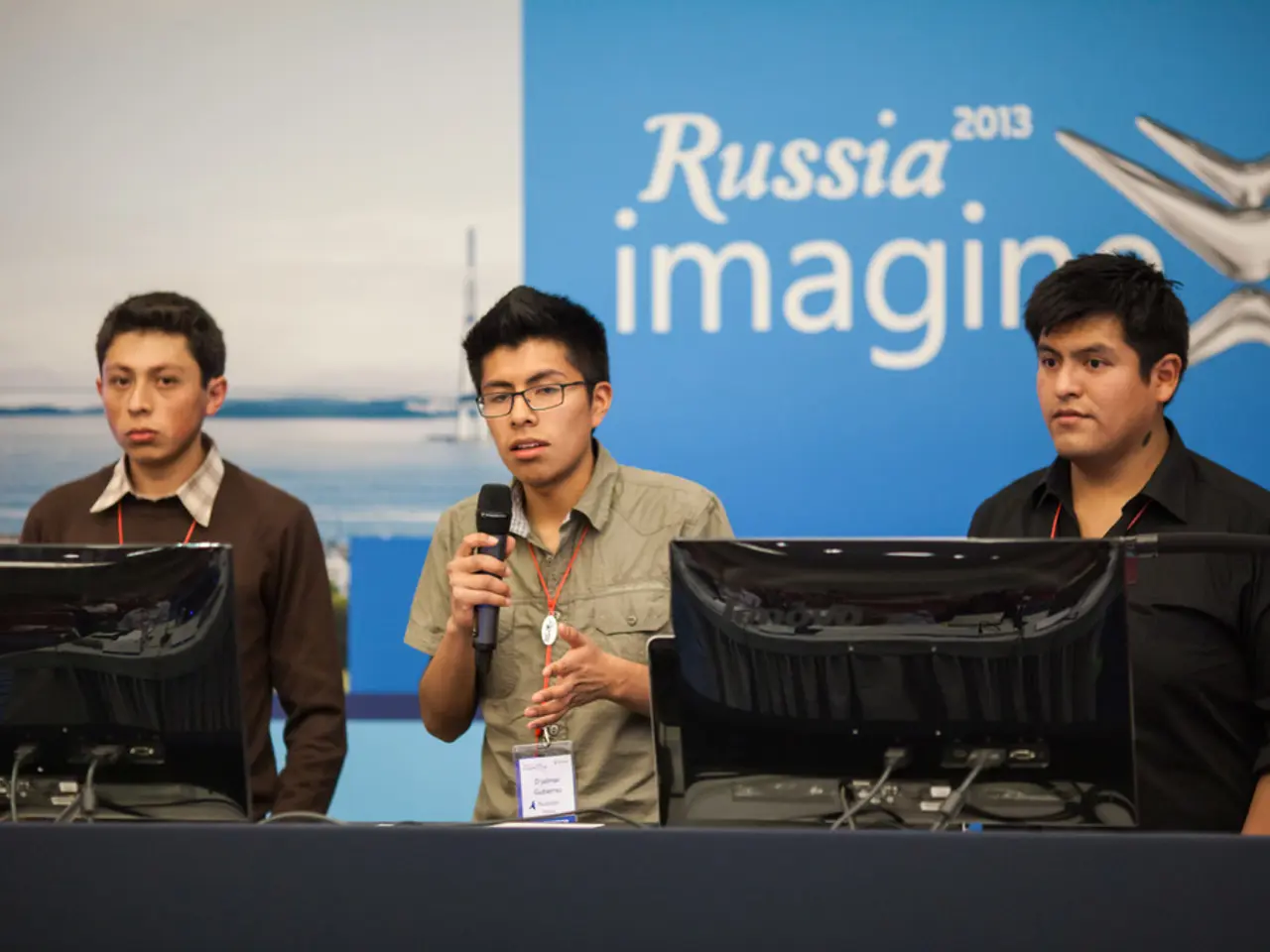Magic or Chance: An Analysis by R. Paul Wilson
In the early 2000s, a magician found himself traveling across the United States, giving lectures about deception, sleight of hand, and magic. This particular story unfolds in Las Vegas, during a time when the city was buzzing with the excitement of gambling and magic shows.
One evening, the magician found himself in a peculiar situation. A day before attending a magicians' convention, his plans to visit a friend and see the show "O" at the Bellagio were disrupted when friends he was supposed to meet for dinner got sick and decided not to stay. Left with an unexpected evening in Las Vegas, he decided to visit the Rio hotel, curious about the place as he would be moving there for the convention the next day.
At the Rio, fate seemed to intervene. The magician ran into a friend who was a blackjack expert, leading to a potential opportunity for hours of conversation and exchange of card tricks. Little did he know, this encounter was just the beginning of a series of seemingly impossible events.
Later that night, he received a message from Mike, a fellow magician, about two tickets to the Penn and Teller Theatre. The tickets were a welcome surprise, but the magician was left puzzled when he realised he had no recollection of Mike's message.
The show at the Penn and Teller Theatre was nothing short of mesmerising. The magician spent 90 minutes baffled by the magic performance. After the show, it took 30 minutes of shaking hands, hugging, and promising to get together before Mike and the author were alone.
In a surprising twist, Mike handed over a proposition. He asked the magician to show a deck of cards to a big A-list actor for inspiration for a film role. The actor, his brother, and a magician were present during the card trick where the author switched all five cards in his hand. The other hands in the trick were down to pure chance, and the author got lucky.
The story of this seemingly impossible event in a card game is a reminder of the power of chance and probability. Improbable coincidences are expected occasionally due to sheer chance, especially over multiple trials or in large populations. The appearance of impossibility often results from cognitive biases ignoring the number of opportunities for coincidence.
Statistical principles and probability theory, such as the birthday paradox and the ludic fallacy, explain how rare events still occur with measurable frequency. In card games, specific unlikely hands occur with known probabilities, so their occurrence is unlikely per game but likely over many games.
However, the magician's story is an exception, not the rule. No one believes the story, including Mike. But the magician stands by his account, a testament to the unexpected coincidences that can occur in real life, even in the heart of the gambling world.
The magician, intrigued by the Rio hotel, decided to spend his unexpected evening there, which led to an encounter with a blackjack expert friend. This chance meeting was followed by an invitation from Mike, a fellow magician, to watch a show at the Penn and Teller Theatre. Remarkably, the magician claimed that during the show, he performed a card trick that resulted in him switching all five cards in his hand, a outcome that seemed improbable but possible due to the principles of statistical probability. Despite skepticism, the magician's story serves as a reminder of the occurrence of seemingly impossible events, even in the bustling entertainment scene of casinos like Las Vegas.




